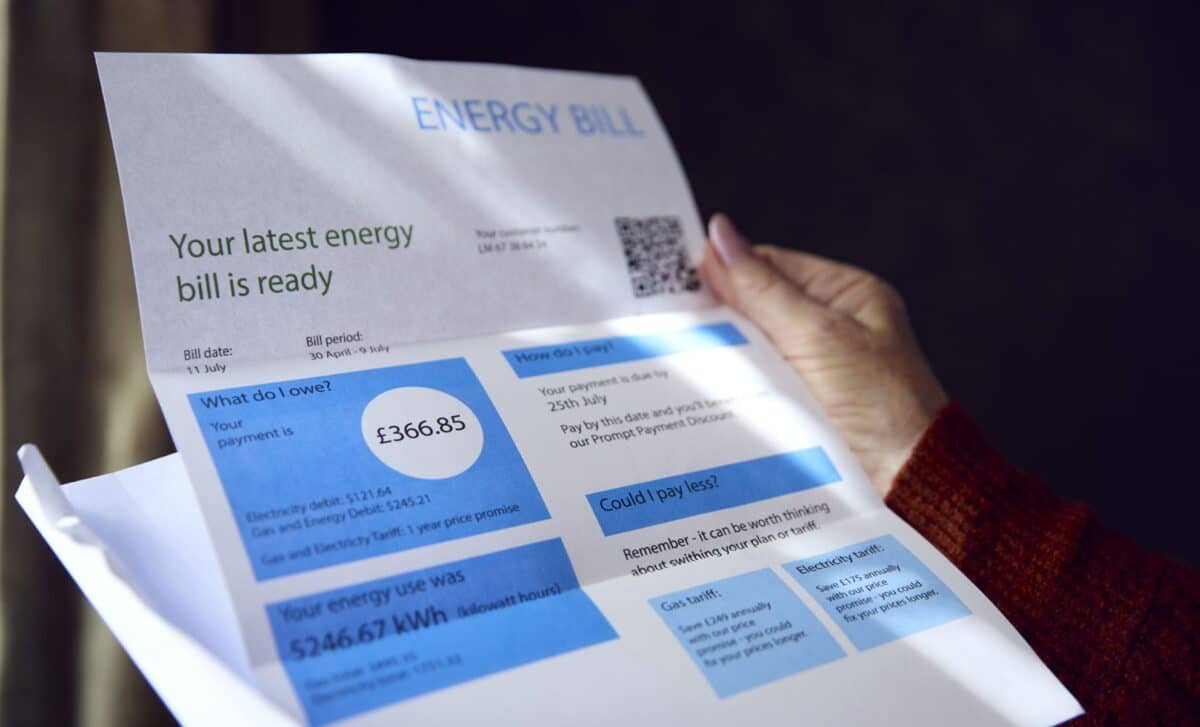As fixed energy deals expire in the coming days, 413,000 UK households are set to face higher energy bills unless they take action. Customers who fail to switch to a new fixed-rate deal will be automatically transferred to their supplier’s standard variable tariff (SVT), a move that could result in an additional £313 in charges.
The warning comes at a time when many households are nearing the end of their current fixed-rate contracts, which were secured in the spring of 2024. While switching energy tariffs is relatively simple, this automatic transfer could catch many consumers unaware, potentially leaving them with some of the most expensive energy prices on the market.
Energy Bill Increase: The Price of Doing Nothing
Fixed-rate deals, typically more affordable than standard variable tariffs (SVTs), are set to expire in the next few days, according to industry reports. If customers do not proactively switch to another fixed-rate deal, they will be automatically rolled onto the SVT, which is often the most costly option for energy consumption.
Under the Energy Price Cap, which is regulated by Ofgem, the unit rates and standing charges are capped, but these capped tariffs are typically less competitive than fixed-rate deals. Energy experts, including Money Saving Expert, have warned that this automatic transition could result in a £313 increase for those who do not act quickly.
The automatic transition also means that consumers are at the mercy of a variable tariff, with the price changing every three months depending on market conditions.
Moreover, according to BBC’s Martin Lewis, many homes are currently on capped tariffs due to the fixed-rate deals coming to an end, and once those deals are up, consumers must either switch or face these increased charges.
“Two thirds of homes in England, Scotland and Wales are on a capped tariff, and about a month ago it was 80%, four million have fixed, probably because certain people have been pushing it out there that you should get off the pants cap.” Lewis explained, highlighting the critical window for households to review their options.
Understanding the Standard Variable Tariff (SVT)
The SVT is a default tariff offered by most UK energy suppliers and is generally considered to be the most expensive energy plan available. It is typically applied when consumers have not chosen a specific deal or if their previous fixed-rate contract has expired without action.
Unlike fixed tariffs, the SVT prices are subject to change, as they are directly linked to the price cap set by Ofgem.
For many consumers, the SVT is not a voluntary choice. It’s the automatic fallback after a fixed-rate deal expires, making it essential for people to understand how the SVT works and how it could affect their energy bills.
There are no exit fees associated with SVTs, so customers can switch to a new deal without penalty. However, the lack of exit fees doesn’t alleviate the financial burden of being on a more expensive tariff.









